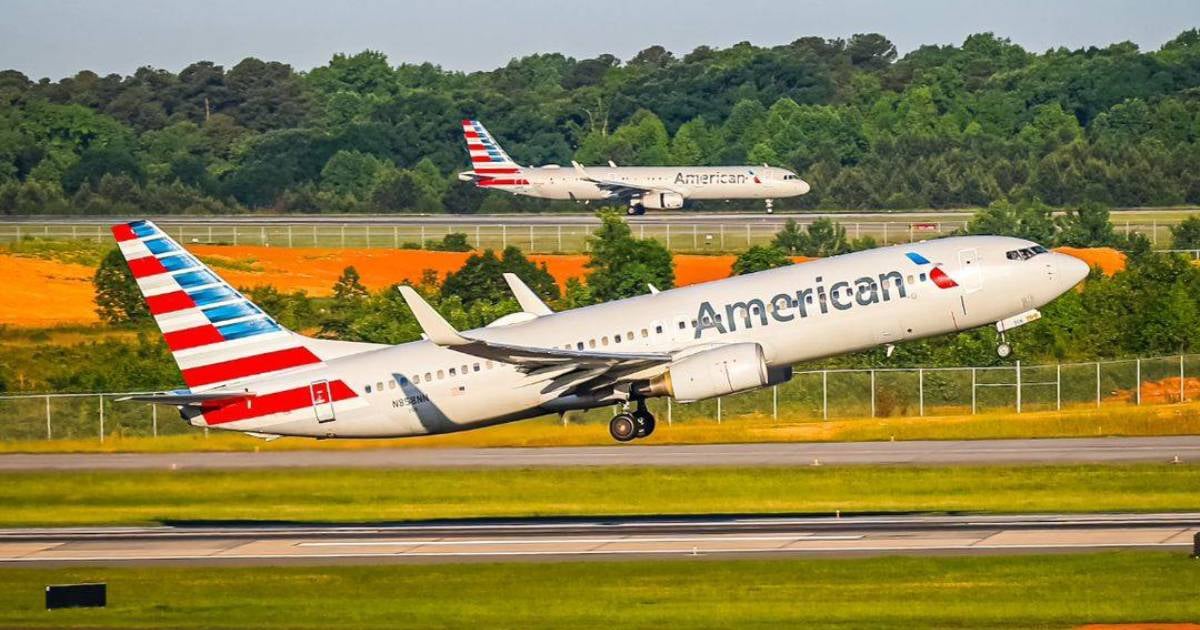Just hours before the federal Real ID requirement is set to take effect in the United States, Florida Representative Anna Paulina Luna has requested a temporary suspension from the Department of Homeland Security (DHS). Luna cites concerns over privacy and a potential lack of public awareness as reasons for the delay.
Local Florida media report that the deadline to obtain a Real ID-compliant identification is Wednesday, May 7. This identification will be necessary for boarding domestic flights and accessing federal facilities. Despite two decades of preparation following the 2005 REAL ID Act, a recommendation by the 9/11 Commission to enhance security standards for driver's licenses and state IDs, the Republican congresswoman warns that many people remain unaware of this requirement.
“I believe airports are likely aware that many travelers may not have heard of this, even though numerous messages have been circulated,” said Luna, who represents Florida's 13th district, including Largo, Clearwater, and Palm Harbor. Florida began issuing Real IDs in 2010, but other states started later, leaving thousands of travelers without updated documents.
Real ID Features and Concerns
The Real ID is marked by a symbol, often a star, in the upper right corner of the card in most states. It includes advanced security features and requires additional documentation, such as proof of residency and immigration status, for issuance. Luna urges the DHS to halt implementation until issues like privacy and accessibility are resolved. She hopes the Transportation Security Administration (TSA) will exercise some leniency during the initial phase.
“We’ll see what guidelines the TSA issues, and I anticipate, or hope, they might allow people through with a warning, telling them that next time it will be invalid,” Luna added.
Government Response and Traveler Impact
While there was no clear indication of a delay as of Monday, DHS Secretary Kristi Noem stated in a congressional hearing on Tuesday that travelers without a Real ID will still be able to fly. “What will happen tomorrow is that people will be asked for their identification... If they do not meet the requirements, they may be directed to a different line. An extra step is required, but flying will be permitted,” Noem explained, according to EFE.
The official did not specify whether this exception would only apply on the initial day or during a transition period. She emphasized the government's aim to implement the law "smoothly" to avoid disrupting travelers' plans, though she insisted the rule will ultimately be enforced. Currently, 81% of air travelers already present valid forms of identification, such as passports or military IDs, which are also accepted.
Real ID Requirement and Implementation FAQs
What is the Real ID and why is it required?
The Real ID is a form of identification that meets federal standards for security. It is required for boarding domestic flights and accessing federal facilities as part of the REAL ID Act of 2005, which aims to enhance the security of state-issued IDs.
What happens if I don't have a Real ID by the deadline?
Travelers without a Real ID may still be allowed to fly but could face additional screening processes. The TSA might direct them to a different line, requiring an extra verification step, but will permit flying.
Are there any exceptions to the Real ID requirement?
While the Real ID requirement is set to be enforced, other forms of identification, such as passports and military IDs, are still accepted for boarding flights and accessing federal facilities.
